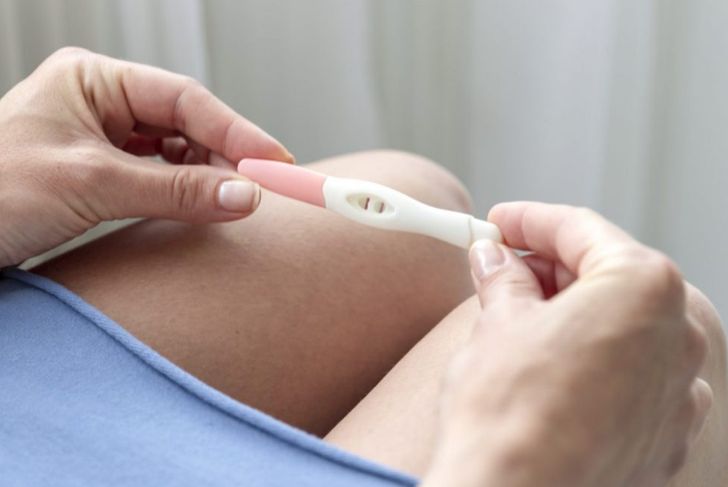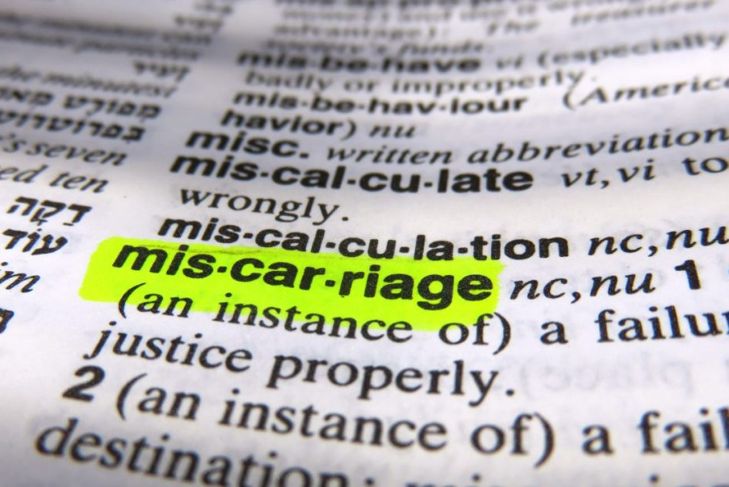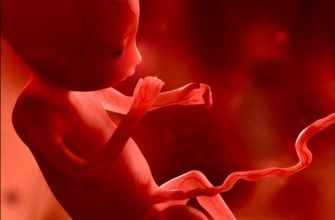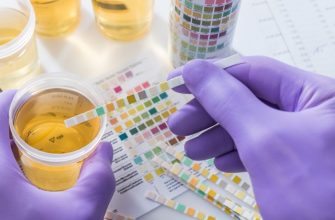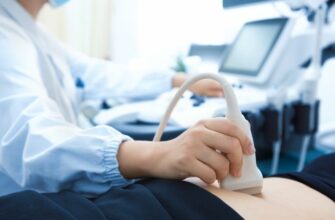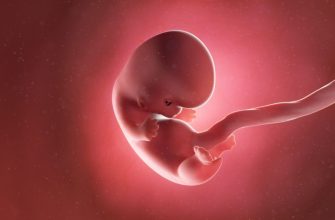A chemical pregnancy is a very early miscarriage that happens in the first few weeks of pregnancy, often before a woman even realizes that she is pregnant. Around five weeks into a pregnancy, a gestational sac is visible on an ultrasound and is considered a clinical pregnancy. Most women do not know that they are pregnant by the fifth week, so a lot of chemical pregnancies go unnoticed. They may present as a late period or a false positive pregnancy test.
Human Chorionic Gonadotropin
After fertilization of an egg, the cells begin to multiply. During the fourth week of pregnancy, the rapidly developing bundle of cells begins to burrow into the lining of the uterus and the placenta forms. This stimulates a rapid increase in human chorionic gonadotropin (hCG), a hormone produced by the placenta that rapidly builds up in the body. It is this rapid increase in hCG that causes most early pregnancy symptoms. hCG is also the chemical detected by pregnancy tests and the chemical referred to in the term “chemical pregnancy.”
Urine Pregnancy Tests
Home pregnancy tests often detect chemical pregnancies. While most doctors recommend waiting to take a urine pregnancy test until a missed period, some modern options are very sensitive and can detect pregnancy days before this. Urine home pregnancy tests are about 97% accurate. They work by detecting hCG in the urine.
Blood Tests
Blood tests are more reliable than urine tests, but they have to be performed in a doctor’s office. There are two types: qualitative blood tests detect the presence of hCG and give a simple positive or negative result, and quantitative tests measure the amount of hCG in the blood. One issue with getting a blood test at a doctor’s office is that the first prenatal visit is not until about the eighth week of pregnancy, weeks after the end of a chemical pregnancy. In this case, qualitative blood test results will show much lower hCG levels than expected in a healthy pregnancy.
How Is Pregnancy Calculated?
Chemical pregnancies occur within the first five weeks, but calculating the beginning of a pregnancy is not as straightforward as you might think. Pregnancy is counted from the first day of a woman’s last normal menstrual cycle, not the date of conception. This means that, in most cases, during what is considered the first two weeks of pregnancy, the woman is not yet pregnant. Since chemical pregnancies occur within the first five weeks, they happen within the first three weeks from conception when a lot of women do not yet realize they are pregnant.
Symptoms of a Chemical Pregnancy
The signs of a chemical pregnancy vary from woman to woman, though they are more like those of a period than pregnancy. Early symptoms include nausea, bloating, slight cramping, fatigue, and breast tenderness. The woman may take a positive pregnancy test and get her period a week or so later, though it will be much heavier with more severe symptoms than normal.
Treatment
In almost all cases, chemical pregnancies resolve on their own. As we mentioned, the woman may not even know that she was ever pregnant and assume that she is experiencing a normal or late heavy period. Because these miscarriages occur so early in a pregnancy, they rarely require medical intervention, and the woman recovers quickly.
Causes
Doctors do not know what causes chemical pregnancies, just as there is not a definitive cause for most miscarriages. Most people believe that a chemical pregnancy is likely to result if the developing baby has chromosomal problems and was not viable. They are seen as random events and do not necessarily indicate problems with future pregnancies.
Can I Try to Get Pregnant Again Right Away?
Because these miscarriages happen so early on, there is no reason not to attempt to get pregnant again right away, especially considering most women are not aware they have had a chemical pregnancy. In the event that a woman does know, a doctor may recommend that the woman waits until after her next menstrual cycle to try again.
How Common Are Chemical Pregnancies?
Chemical pregnancies are quite common. Though there are not many isolated statistics, studies show that anywhere from 10 to 25% of pregnancies end in miscarriage. Of those, 50 to 75% are chemical pregnancies. Because some women do not know that they have had a chemical pregnancy, it is not easy to collect accurate data.
Chances of Having a Chemical Pregnancy
As many as 75% of miscarriages are chemical pregnancies. Some factors increase the chances of having a miscarriage of any type. Women between the ages of 35 and 45 have a greater chance of miscarriage than younger women. Those at greatest risk are women over 45, who face a 50% chance of miscarriage. Women who have had a previous miscarriage have a 25% chance of having another one, which is only slightly higher than the risk for a woman who has never had one.

 Home
Home Health
Health Diet & Nutrition
Diet & Nutrition Living Well
Living Well More
More
